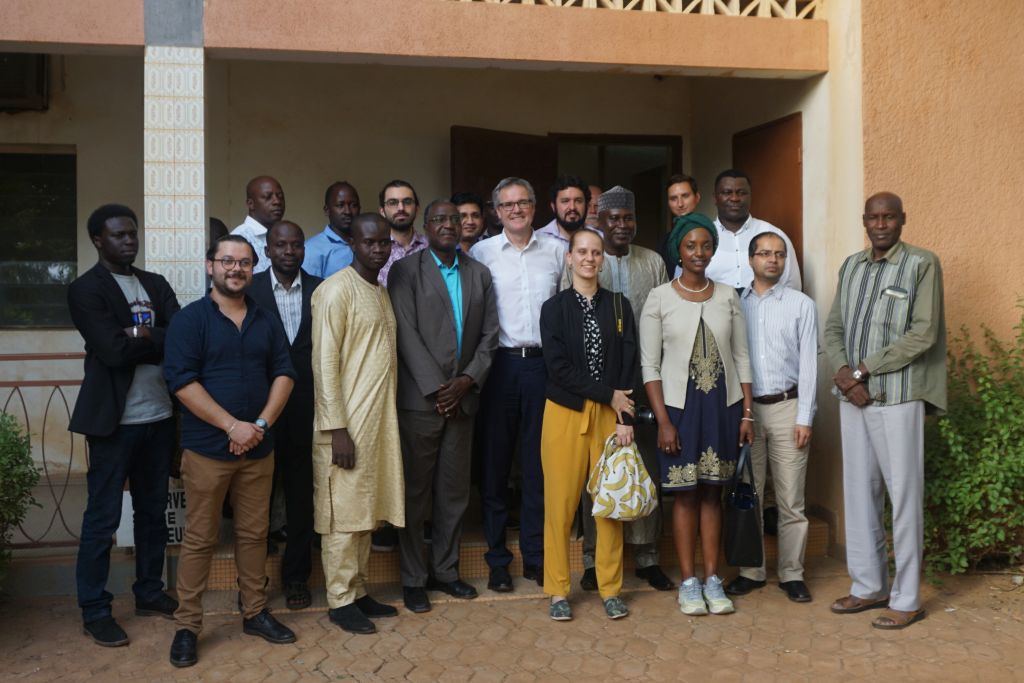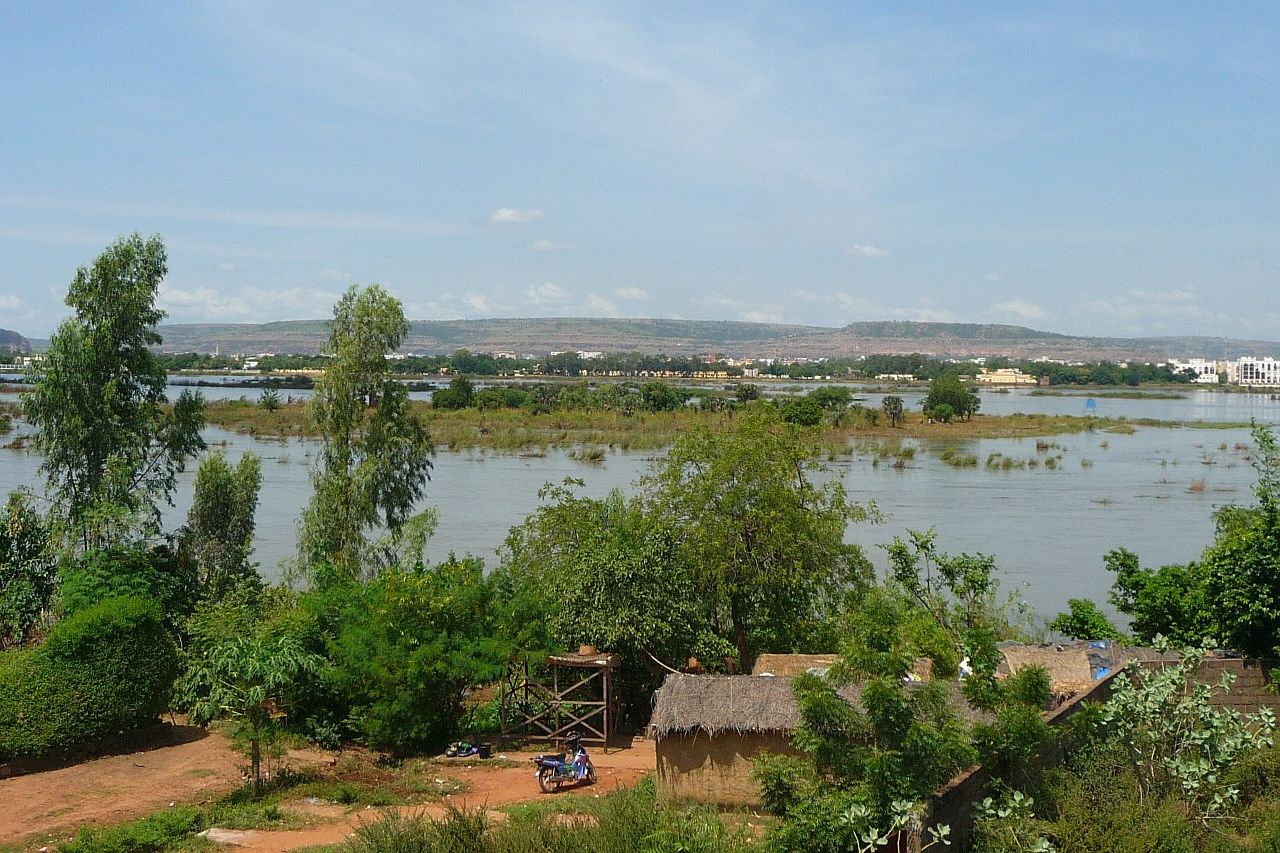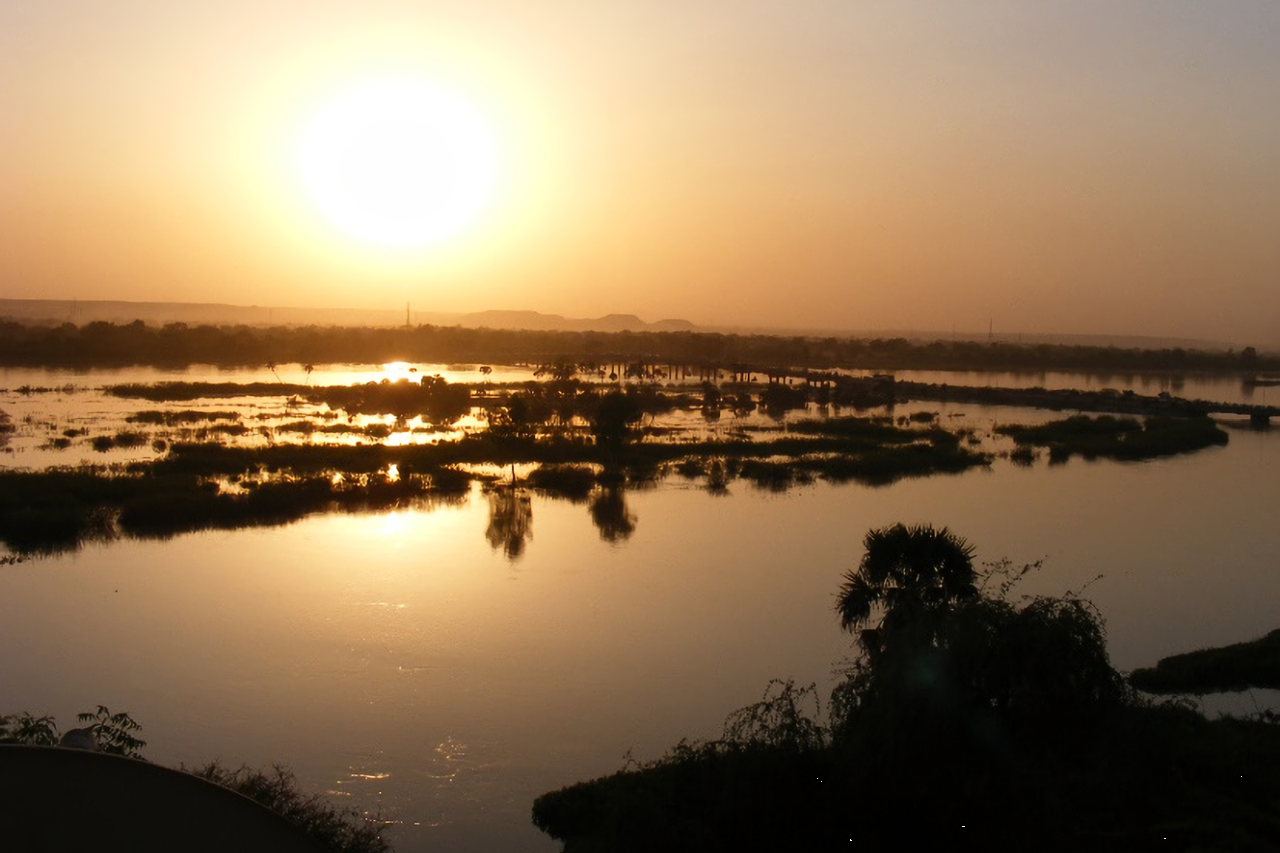Events
RARSUS
Risk Assessment and Reduction Strategies for Sustainable Urban Resource Supply in Sub-Saharan Africa
The project is implemented in a consortium consisting of the United Nations University – Institute for Environment and Human Security (UNU-EHS), the Institute for Technology and Resources Management in the Tropics and Subtropics (ITT) at the TH Köln (University of Applied Sciences), the Center for Development Research (ZEF) at the University of Bonn (UB) from Germany, and the Pan African University Institute of Water and Energy Sciences (including Climate Change) (PAUWES) from Africa.
The project consists of a research modules funded by DLR project management agency and a capacity building module funded by German Academic Exchange Services (DAAD).
The overall objective of the project is to establish long-standing research-based higher education cooperation between German and African partners and within Africa in the area of sustainable resource supply management in urban and semi-urban regions. Alongside the project-related objectives, the initiated collaboration is expected to generate different synergies and mutual benefits by linking, extending and intensifying unique networks of partners, sharing experiences in teaching and research.
Project Modules
The project has a comprehensive design that links the fields of research, network development, higher education support and capacity building trainings. The carried out research during each phase of the project will be linked to the development of educational resources and trainings.
Recent Posts
Closing RARSUS Workshop
The final RARSUS workshop brought together all of the partners involved in the implementation of both the Risk Assessment and Reduction Strategies for Sustainable Urban Resource Supply in Sub-Saharan Africa…
RARSUS International Online Summer School
The RARSUS International Online Summer School was held from 7th – 18th October. It was preceded by a call for applications shared with project partners at the beginning of August…
Call for Application: IPR-IFRA Master Thesis Scholarship Bamako
The Rural Polytechnic Institute of Training and Applied Research (IPR-IFRA), Katibougou and the Faculty of Sciences and Techniques (FST); University of Sciences, Techniques and Technologies of Bamako (USTT-B), Mali in…
ITT-Researchers’ RARSUS Stay in Niamey
It is remarkable, time and again, and again, how well the RARSUS partnership has emerged.For our latest research stay, hands-on attitudes were quite clearly put to the fore. Importance of…
RARSUS Community of Practice
We are excited to announce the newly created and populated RARSUS Community of Practice! RARSUS COP is an online discussion space where you can share knowledge and tools. We would…
Summer school on renewable energy systems – 18th to 25th July 2018
From 18th to 25th July 2018 a school on renewable energy systems will be organized at the TH Köln (University of Applied Sciences) in Cologne, Germany. Participants will be amongst…
Funded by
The project “Risk Assessment and Reduction Strategies for Sustainable Urban Resource Supply in Sub-Saharan Africa (RARSUS)” consists of a research module funded by the German Federal Ministry of Education and Research (BMBF) through the DLR project management agency and a capacity building module funded by the German Academic Exchange Service (DAAD).









